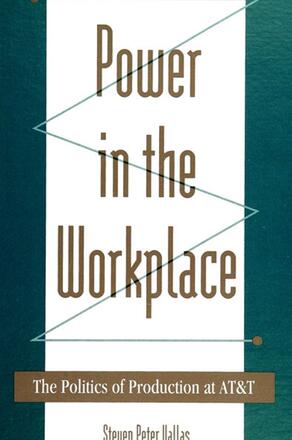
Power in the Workplace
The Politics of Production at AT&T
Alternative formats available from:
Description
This book presents a systematic case study of the hi-tech communications industry that reveals many trends in managerial authority in the workpace. Vallas reveals the mechanisms that enable advanced capitalist firms to achieve and maintain control over the workers they employ. He demonstrates that the spread and integration of automated technologies place lower level human labor in positions of declining power. The new regime does not deskill workers and need not lead toward what some have called electronic sweatshops. Nevertheless, Vallas concludes that increasing managerial control over production poses a major challenge to those who advocate labor participation in the management of American industries.
Steven Peter Vallas is Assistant Professor of Sociology at the Georgia Institute of Technology. He is coeditor, with Kai Erikson, of The Nature of Work: Sociological Perspectives.
Reviews
"The issues of labor force deskilling versus enskilling, and the questions of why labor has not been more forceful in response to recent economic changes are very significant. The discussion and evidence are central to arguments in the field of the sociology of employment." — Paul Teske, State University of New York at Stony Brook
"This is a serious contribution to the labor process debate. I am especially impressed by the way Vallas combines a historical/theoretical approach with his case study." — Philip Kraft, State University of New York at Binghamton